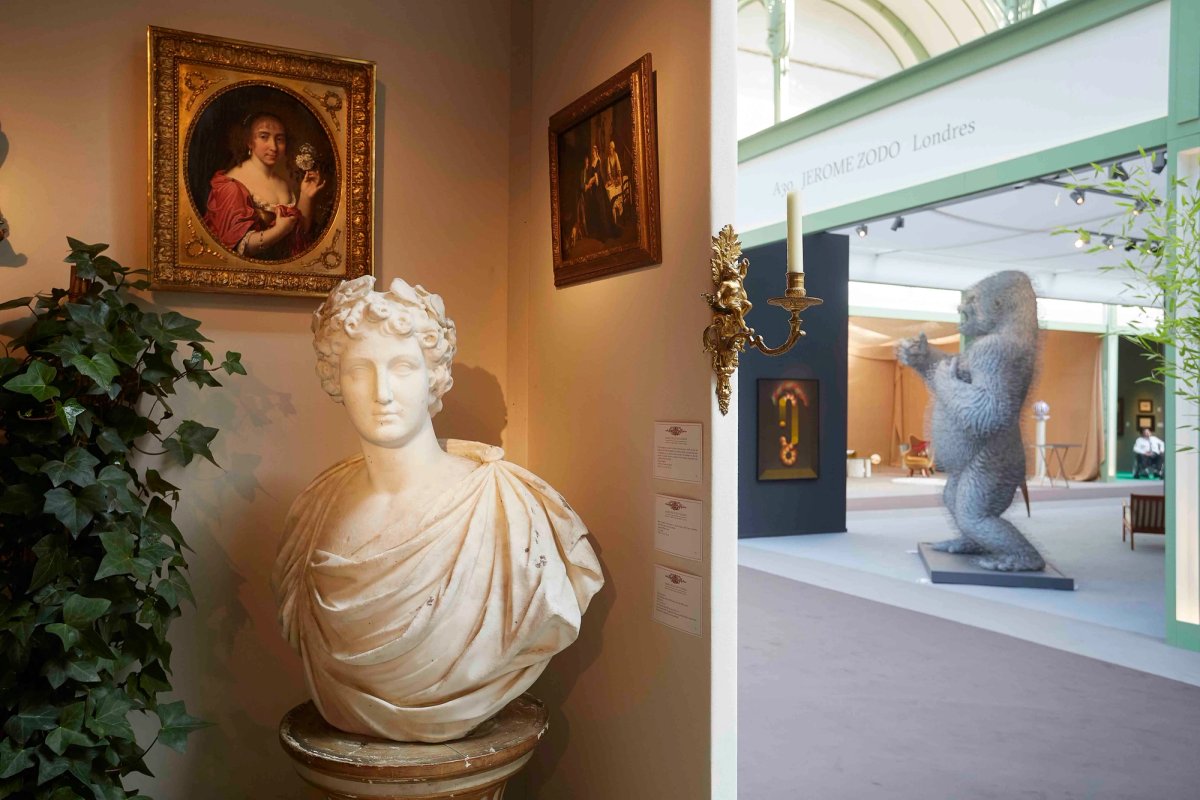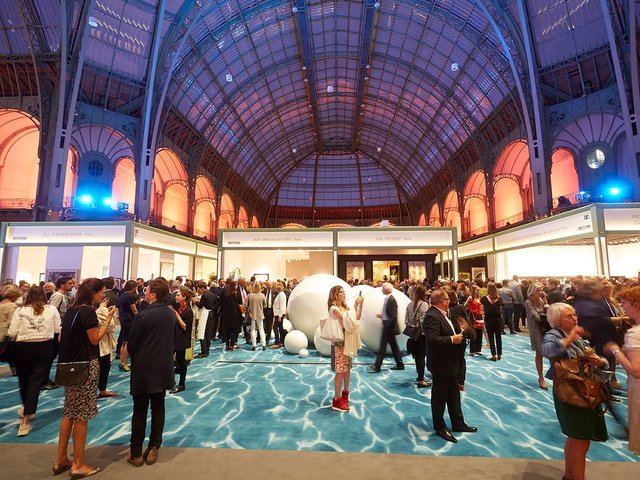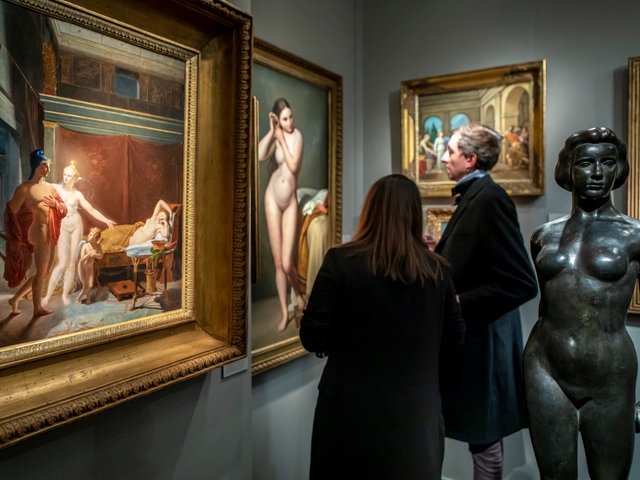Organisers of the La Biennale Paris are taking advantage of a coronavirus emergency loans scheme announced by the French government in a bid “to minimise the financial weight” for exhibitors at the fair.
“This is purely to support the galleries and help them with the management of their cash-flow,” says a spokeswoman for the art and antiques fair held at the Grand Palais every autumn.
The Syndicat National des Antiquaires (SNA), the French association of antiques dealers which runs La Biennale, says it will resort to a treasury package announced by Bruno Le Maire, the French finance minister, who is offering up to €300bn in credit guarantees.
“La Biennale Paris proposes to all exhibitors that the payment of their participation fees be spread out over four months after La Biennale; and, that all dealers be exempted from the advance payment that is normally requested ahead of the fair,” says a statement. “To fund this measure, La Biennale Paris will rely on the state guarantee scheme for loans granted to companies affected by the Covid-19 outbreak.”
The 32nd edition is due to take place from 18 to 22 September; the exhibitors’ list, comprising around 90 galleries, will be announced shortly. Next year, the fair will move to a temporary venue, Le Grand Palais Éphémère, in the Champ de Mars gardens near the Eiffel Tower, while the Grand Palais undergoes renovation. The closure is scheduled to take place between January 2021 and summer 2024, when the historic building—constructed in 1900 for the Exposition Universelle (World's Fair)—will reopen for the Olympic Games.
La Biennale Paris was plunged into crisis in 2016 when criminal investigations into forged royal furniture led to the withdrawal of leading exhibitors. Last July, the two chairmen of the Biennale Paris's vetting committee resigned over a controversy centred on criminal investigations.




